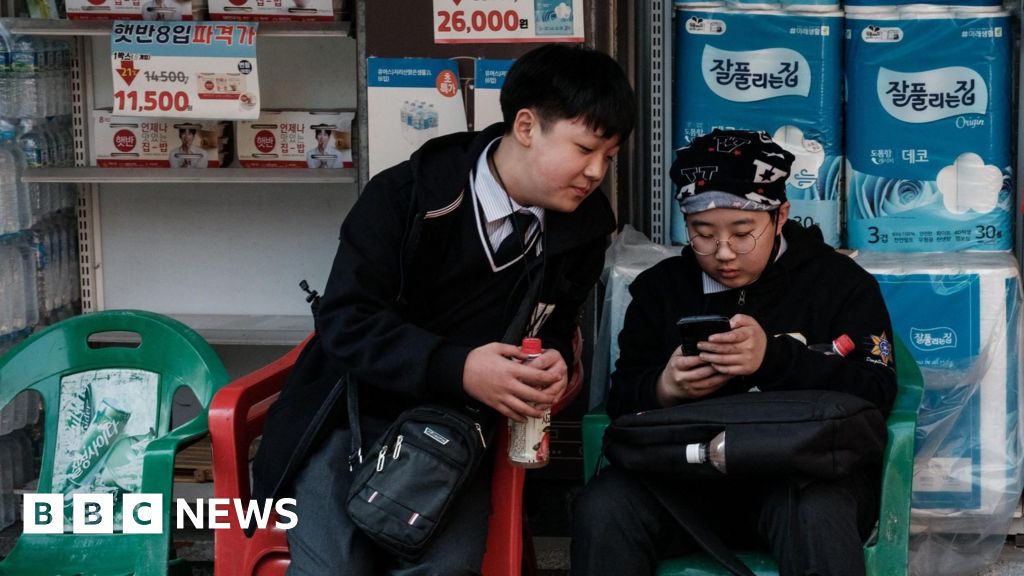South Korea has passed a bill banning the use of mobile phones and smart devices during class hours in schools, becoming the latest country to restrict phone use among children and teens.
The law, effective from March 2026, is a bipartisan effort to tackle smartphone addiction, backed by growing research highlighting its harmful effects.
Proponents argue that smartphone misuse impacts students' academic performance and distracts from learning. However, students and critics are concerned about the practical implications and the need to address underlying addiction issues rather than simply enforcing a ban.
The law passed decisively with 115 votes in favor. Many South Korean schools already had some form of a phone ban, mirroring similar measures in countries like Finland, France, and China.
Concerned parents point out that a significant portion of the population struggles with phone dependence, particularly among teenagers, affecting their social lives and education.
Some educators see value in the law, citing extensive disruptions caused by phone use in classrooms, while others argue it undermines students' rights to access technology they rely on.
In the intense academic environment surrounding South Korea's notorious college entrance exam, students emphasize the need for proper education on tech use, urging that solving the addiction dilemma goes beyond simply restricting devices.

















